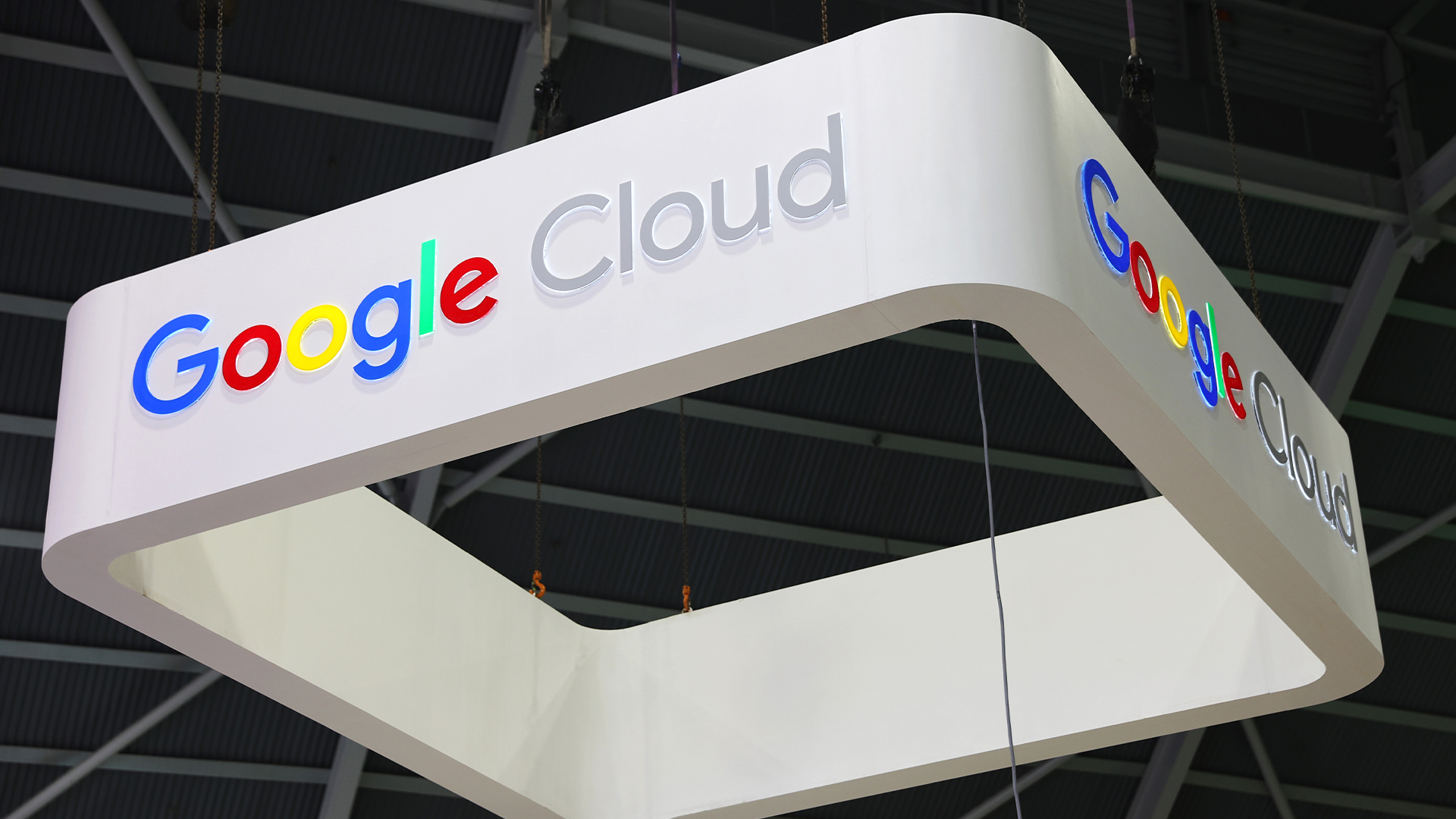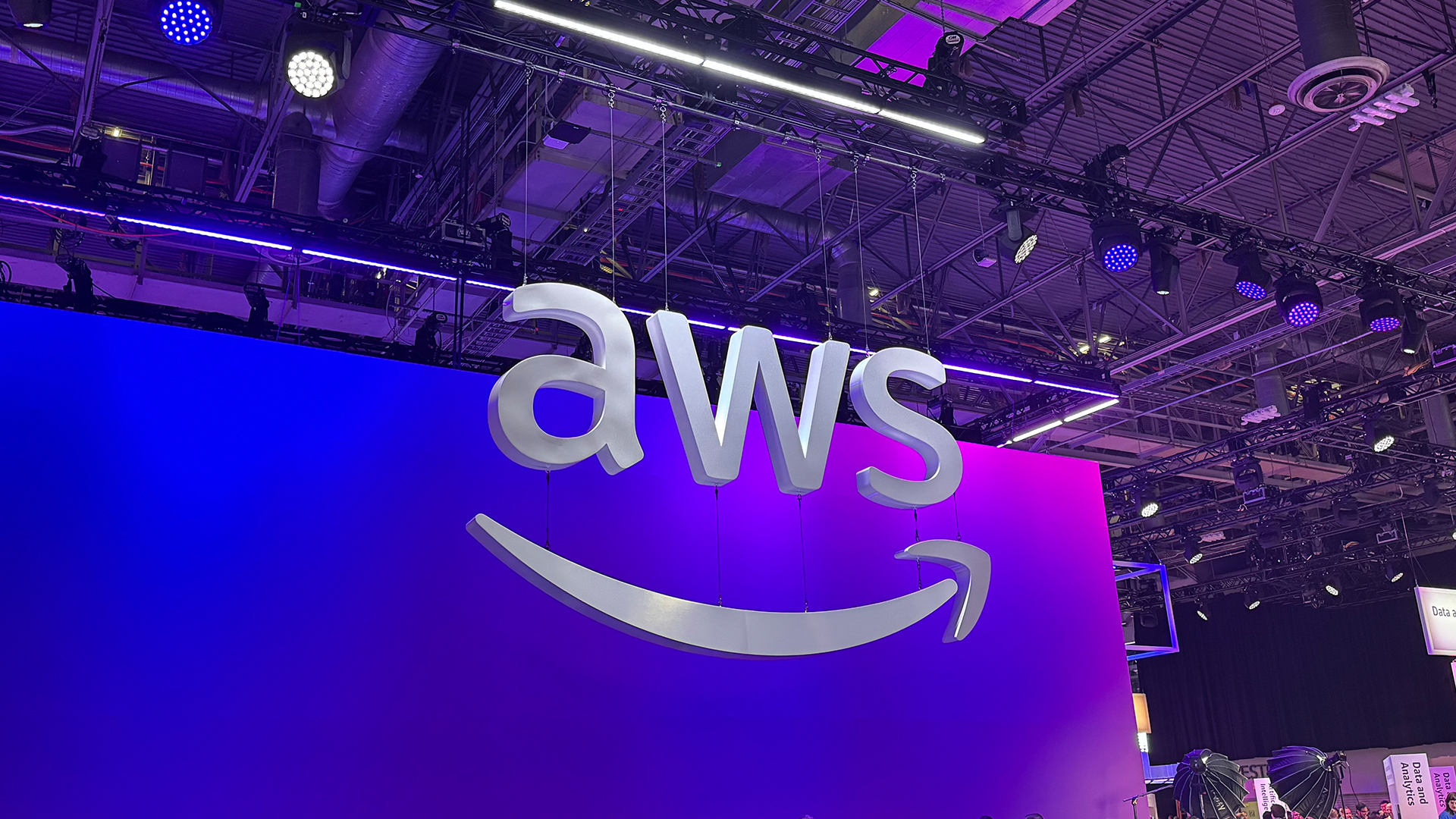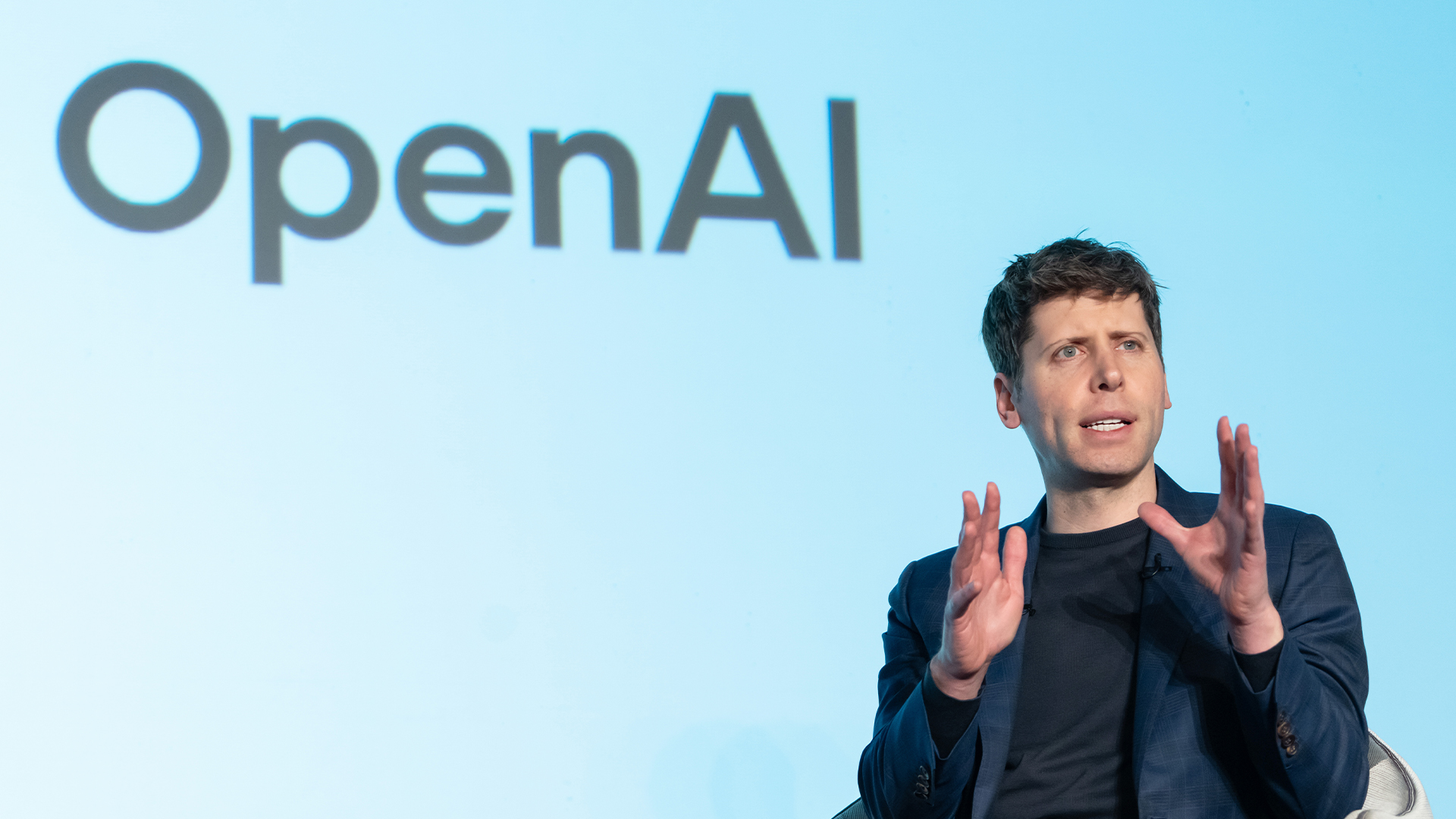AI security and compliance concerns are driving a private cloud boom
A new survey suggests AI workloads may be a serious motivation behind moving back to private cloud and on-premise infrastructure


Cost is a key driver behind the shift back to private cloud, but growing concerns over AI security and compliance appear to be having a bigger impact.
That's according to a survey by GTT Communications that found growth rates for private cloud far outstripping investment in public cloud, following a wider trend of cloud repatriation.
The research follows a survey earlier this week from Node4 that showed a whopping 97% of respondents planned to move at least some workloads back inhouse. Analyst firm IDC found similar results earlier this year, saying cloud repatriation was not "a wholesale migration" but reflected missed expectations around costs.
SaaS company 37 Signals made headlines for saving $10 million a year by ditching public cloud and buying its own infrastructure — suggesting at least some repatriation is cost focused.
GTT Communications' research said its own results "supports that trend" and found that primary drivers include unpredictable public cloud costs and concerns about vendor lock-in. However, its research also suggests some private cloud adoption is driven by privacy, security, and compliance requirements — with control over AI a major motivator.
The survey of US and European enterprise leaders found that private cloud spending above $10 million annually will increase from 43% last year to 54% this year — a 24% growth rate that's far ahead of the 13% growth rate in public cloud spend for the same group of companies.
Indeed, public cloud remains favored for use cases that require high reliability and scalability.
Sign up today and you will receive a free copy of our Future Focus 2025 report - the leading guidance on AI, cybersecurity and other IT challenges as per 700+ senior executives
Is AI driving private cloud growth?
The shift back in-house or to private cloud is partially because of AI, the company suggested. Notably, GTT's survey found more than half of AI workloads are already in private cloud or on-premise environments, largely for better security (56%), to meet compliance requirements (51%) or because of the specific needs of AI workloads (50%), in particular secure, partitioned AI testing or deployment.
GTT said that cost remained a factor but was much lower at 35%, but noted that AI applications are resource-intensive and can further expose enterprises to higher costs that are less predictable.
"We know many companies are now shifting their sensitive workloads to private clouds as part of broader multi-cloud and hybrid strategies designed to support agentic AI and other complex AI initiatives at scale,” said Bastien Aerni, VP of Strategy and Technology Adoption, GTT.
"This distributed approach allows enterprises to balance performance, security and compliance requirements while optimizing costs to advance their AI ambitions."
The report added that enterprises can either move their private data to where the AI model is hosted or move the model to where the data lives.
"It is widely recognized that enterprises are appreciating more and more the value and sensitivity of proprietary data for AI models and are showing a preference for private cloud for AI," the report added.
GTT said that complex AI workloads face challenges with repatriation. The survey found 43% of respondents faced issues with migrating apps and data from public cloud deployments.
"Enterprise infrastructure strategies are evolving fast as AI workloads surpass the limits of traditional architectures," Aerni said.
"Organizations are refining their cloud environments, whether public, private or hybrid, to support their AI initiatives at scale. But many still underestimate the complexity involved. In our experience, without reengineering connectivity and security architectures, even the most ambitious private cloud strategies can fall short."
MORE FROM ITPRO

Ross Kelly is ITPro's News & Analysis Editor, responsible for leading the brand's news output and in-depth reporting on the latest stories from across the business technology landscape. Ross was previously a Staff Writer, during which time he developed a keen interest in cyber security, business leadership, and emerging technologies.
He graduated from Edinburgh Napier University in 2016 with a BA (Hons) in Journalism, and joined ITPro in 2022 after four years working in technology conference research.
For news pitches, you can contact Ross at ross.kelly@futurenet.com, or on Twitter and LinkedIn.
-
 Satya Nadella says a 'telltale sign' of an AI bubble is if it only benefits tech companies – but the technology is now having a huge impact in a range of industries
Satya Nadella says a 'telltale sign' of an AI bubble is if it only benefits tech companies – but the technology is now having a huge impact in a range of industriesNews Microsoft CEO Satya Nadella appears confident that the AI market isn’t in the midst of a bubble, but warned widespread adoption outside of the technology industry will be key to calming concerns.
-
 Enterprise security in a world of AI deepfakes and uncertainty over identity
Enterprise security in a world of AI deepfakes and uncertainty over identityAs AI-driven deepfakes grow more sophisticated, enterprises must move to layered defenses that protect trust without friction
-
 Wasabi Technologies wants to be a "more predictable alternative to the hyperscalers" after $70m funding round
Wasabi Technologies wants to be a "more predictable alternative to the hyperscalers" after $70m funding roundNews The cloud storage provider plans to ramp up AI infrastructure investment and boost global expansion
-
 Google Cloud teases revamped partner program ahead of 2026
Google Cloud teases revamped partner program ahead of 2026News The cloud giant’s new-look partner ecosystem shifts focus from activity tracking to measurable customer outcomes
-
 Cloud security teams are in turmoil as attack surfaces expand at an alarming rate
Cloud security teams are in turmoil as attack surfaces expand at an alarming rateNews Cloud security teams are scrambling to keep pace with expanding attack surfaces, new research from Palo Alto Networks shows, largely due to the rapid adoption of enterprise AI solutions.
-
 AWS re:Invent 2025 live: All the news and announcements from day two in Las Vegas
AWS re:Invent 2025 live: All the news and announcements from day two in Las VegasLive Blog Keep tabs on all the latest announcements from day-two at AWS re:Invent 2025 in Las Vegas
-
 AWS pledges $50 billion to expand AI and HPC infrastructure for US government clients
AWS pledges $50 billion to expand AI and HPC infrastructure for US government clientsNews The company said an extra 1.3 gigawatts of compute capacity will help government agencies advance America’s AI leadership
-
 Dell Technologies targets private cloud gains with new Azure Local features
Dell Technologies targets private cloud gains with new Azure Local featuresNews Dell and Microsoft are teaming up to offer private cloud on Azure Local for a simplified hybrid solution
-
 CEOs admit majority of cloud environments were ‘built by accident rather than design’ – and it’s coming back to haunt them
CEOs admit majority of cloud environments were ‘built by accident rather than design’ – and it’s coming back to haunt themNews Many enterprises rushed into the cloud without a clear end goal in mind, according to Kyndryl
-
 OpenAI just signed a bumper $38bn cloud contract with AWS – is it finally preparing to cast aside Microsoft?
OpenAI just signed a bumper $38bn cloud contract with AWS – is it finally preparing to cast aside Microsoft?News The move by OpenAI doesn’t signal an end to its long-running ties with Microsoft